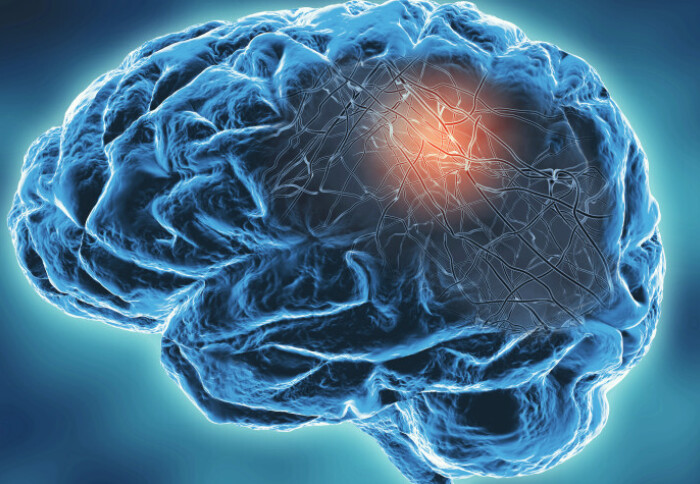Age-related changes in brain activity may explain cognitive decline
by Lou Lee

New research on the ageing brains of mice may uncover the mechanisms underlying cognitive decline.
The research, published in Nature Neuroscience, suggests that as a person gets older, their brain becomes less effective at maintaining ‘neuronal homeostasis’ – essential for healthy brain functioning.
Led by Dr Sam Barnes and Dr Carola Radulescu from the Department of Brain Sciences and the UK Dementia Research Institute (UK DRI) at Imperial, the research has promising therapeutic implications for age-related cognitive impairment.
The brain has ways of keeping neural activity at healthy levels–not too high or too low. This is called ‘neuronal homeostasis’. As people age, these balancing mechanisms may become less effective, potentially contributing to an abnormal increase in electrical activity in neurons in the brain.
The research team investigated these processes, aiming to understand why neuronal hyperactivity may occur in ageing brains.
The researchers looked at what happened in the visual cortex of a mouse brain when vision is overstimulated for a period of time, comparing young adult animals to older animals.
They found that in the young adult brain, two things happen to restore activity to normal levels. First, the connections between excitatory neurons – synapses – get weaker, so that less excitation happens, and secondly, more inhibitory synaptic inputs to excitatory neurons are created, which dampens and reduces the overall neuronal activity.
Conversely in the older brain, those balancing mechanisms don't work as well. The synapses get stronger instead of weaker, increasing overall excitation, and not enough new inhibitory synapses are made. Therefore, sensory overstimulation led to sustained high activity in the visual cortex and was linked to impaired performance in a cognitive task. Interestingly, boosting plasticity with pharmacology protected against the negative impact of overstimulation in aged animals.
“Our work suggests that ageing dysregulates the homeostatic processes controlling neuronal activity levels, and that this in turn may have consequences for cognition." Dr Sam Barnes Senior Lecturer at the Department of Brain Sciences
The study shows that normal processes that regulate neuronal excitation become less effective with age. This failure to maintain neuronal homeostasis may contribute to age-related cognitive decline but could be protected against by using certain pharmacological interventions.
Dr Barnes, Senior Lecturer at the Department of Brain Sciences said: “Our work suggests that ageing dysregulates the homeostatic processes controlling neuronal activity levels, and that this in turn may have consequences for cognition. Interestingly, it seems possible to boost plasticity processes in later life with certain drugs, which may increase the resilience of the aged brain to cognitive decline.”
Reference: Radulescu, C.I., Doostdar, N., Zabouri, N. et al. Age-related dysregulation of homeostatic control in neuronal microcircuits. Nature Neuroscience (2023).
Adapted from news article by UK Dementia Research Institute.
Article text (excluding photos or graphics) © Imperial College London.
Photos and graphics subject to third party copyright used with permission or © Imperial College London.
Reporter
Lou Lee
Faculty of Medicine Centre